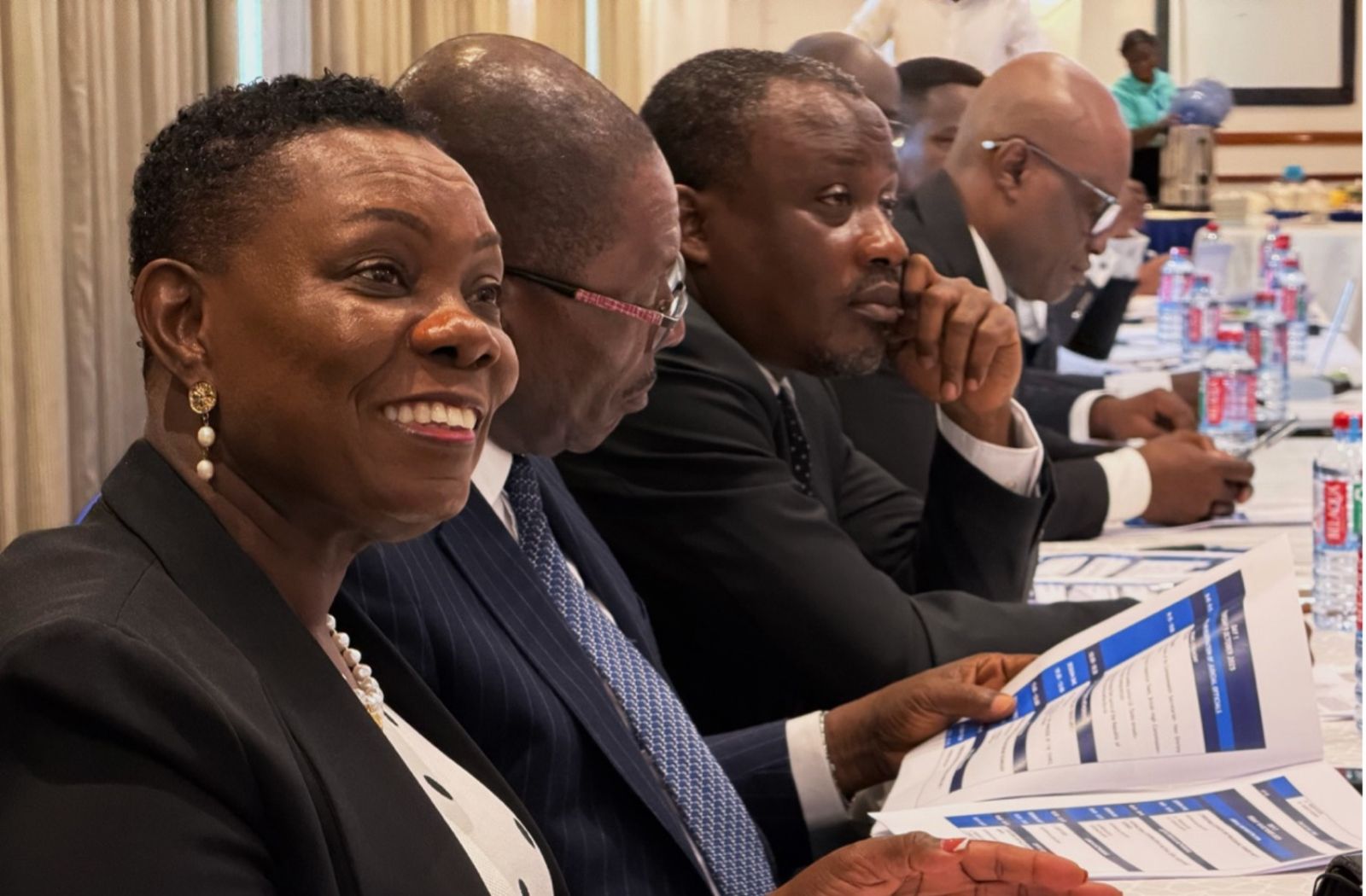Ghanaians could soon benefit from stronger protections against cybercrime, following a Commonwealth programme that trained more than 60 judges, investigators and prosecutors in Accra this week.
Supported by the UK’s Foreign, Commonwealth and Development Office, the programme brought together justice and security agencies for two symposiums from 7-10 October 2025, aimed at strengthening skills and teamwork for a coordinated response to cybercrime.
Participants, including Nigerian Federal High Court judges, worked through fictional scenarios simulating real-world cybercrime cases to test how existing laws, international agreements and mutual legal assistance apply in practice.
The sessions also explored common courtroom challenges, such as evaluating the merits of electronic evidence and fostering cross-border cooperation in legal proceedings.
Ghana has one of West Africa’s most vibrant digital economies. However, like elsewhere in the world, this connectivity has also exposed people to new forms of cyber risk.
Policy, protection and partnership
At one of the symposiums, Lydia Yaako Donkor, Director General of the Criminal Investigation Department at the Ghana Police Service, said the fight against cybercrime depended on “policy, protection and partnership”.
She said:
“Our policy frameworks must keep pace with technology. We must strengthen our capacity to collect, preserve and present electronic evidence that is admissible in court. No single agency can combat this alone. Collaboration is essential.”
Donkor said a proposal to create specialised cybercrime courts had been sent to the Attorney General’s office, noting that judges’ training would be important to their success.
High Court Judge Justice Patricia Quansah described the training as critical to helping judges better understand the complexity of cybercrime.
She said the sessions gave her practical tools to assess digital evidence in court, including how to detect tampering.
This knowledge, she added, will help judges respond more confidently to cybercrime cases, ensure justice for victims and hand down punishments that deter future offences.
‘An eye-opener’
Chief Inspector Nancy Paintsil, a prosecutor handling cybercrime cases, called the training “an eye-opener”.
She said:
“The training deepened my understanding of cybercrime, which relies heavily on electronic evidence. I learned how the way we collect, store and maintain the chain of custody determines whether that evidence is admissible and whether we can convict cybercriminals.”
In a pre-recorded message, Commonwealth Secretary-General Hon Shirley Botchwey highlighted the programme’s impact, noting that past symposiums had led to a 50 per cent improvement in Ghanaian judicial officers’ handling of electronic evidence.
She added:
“Now, we extend this achievement to High Court Judges, whose leadership will be vital to sustaining progress. Their work is essential to ensuring that our digital future is safe, secure and inclusive.”
Final line of defence
Supreme Court Justice Tanko Amadu, Director of Ghana’s Judicial Training Institute, said:
“The judiciary is the final line of defence in the fight against cybercrime. Cases ultimately depend on judges’ ability to fairly and efficiently adjudicate them.
“Continuous professional development is essential for judicial officers to keep up with technological. We will continue to learn and serve with honour to protect our citizens.”
Hooman Nouruzi of the British High Commission in Accra said the threat of online crime was rapidly evolving, citing INTERPOL data indicating a significant year-on-year rise in cyber-attacks in Africa.
He said:
“It is a stark reminder that our work is far from done… By working together, we can share knowledge, strengthen legal frameworks, and build the capacity needed to investigate, prosecute and prevent cybercrime.”
Members of the public reacted positively to the training. Raphael Boateng, a 20-year-old resident of Nungua in Accra, described it as “a step in the right direction”.
He said:
“Many innocent people fall victim to online scams. It is good that our judges are being trained. It will help ensure criminals who target others face justice without delay.”
This was the fourth programme on cybercrime and electronic evidence delivered by the Commonwealth Secretariat in Ghana since 2022.
Media contact
-
Snober Abbasi, Senior Communications Officer, Communications Division, Commonwealth Secretariat








